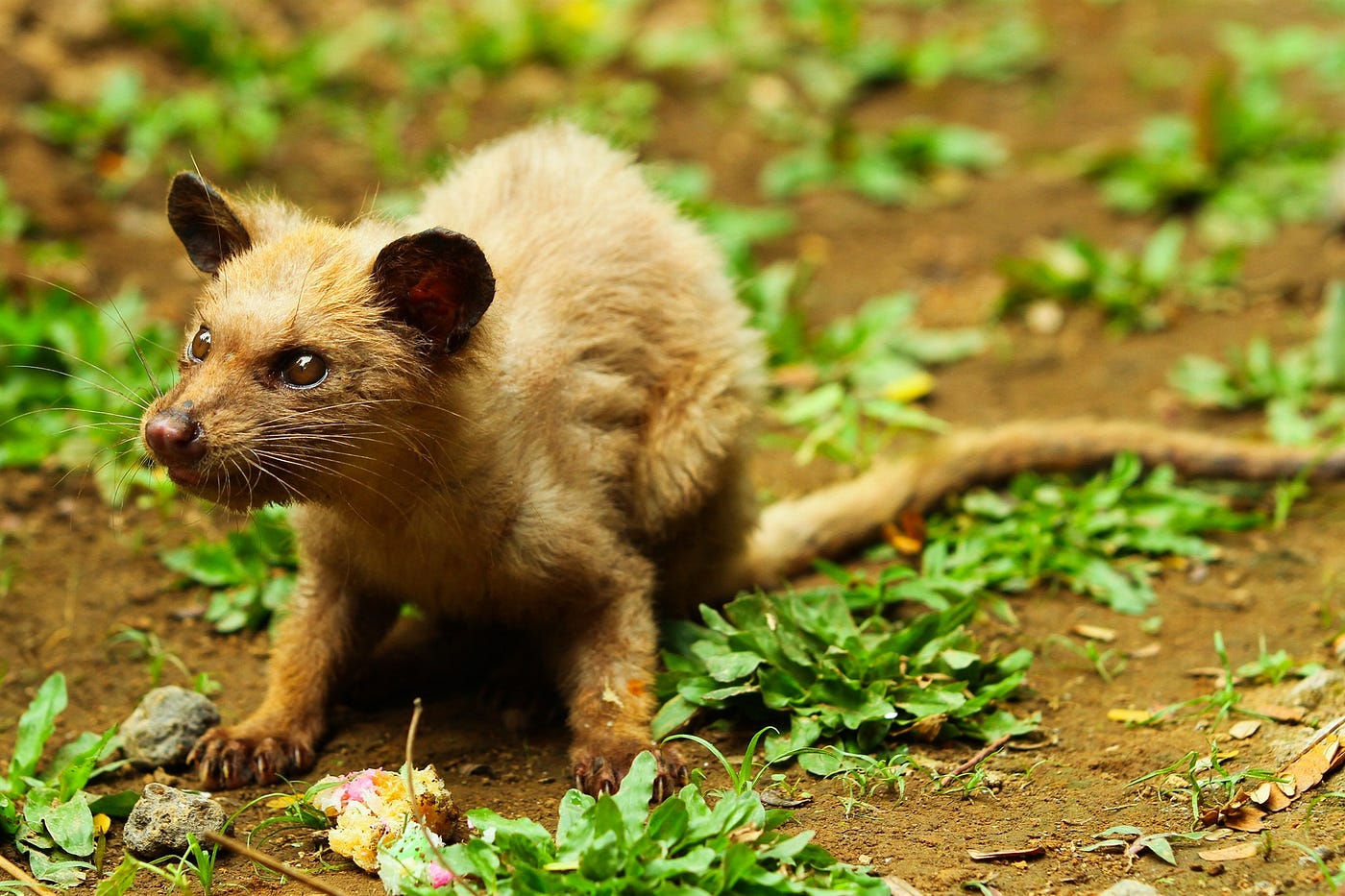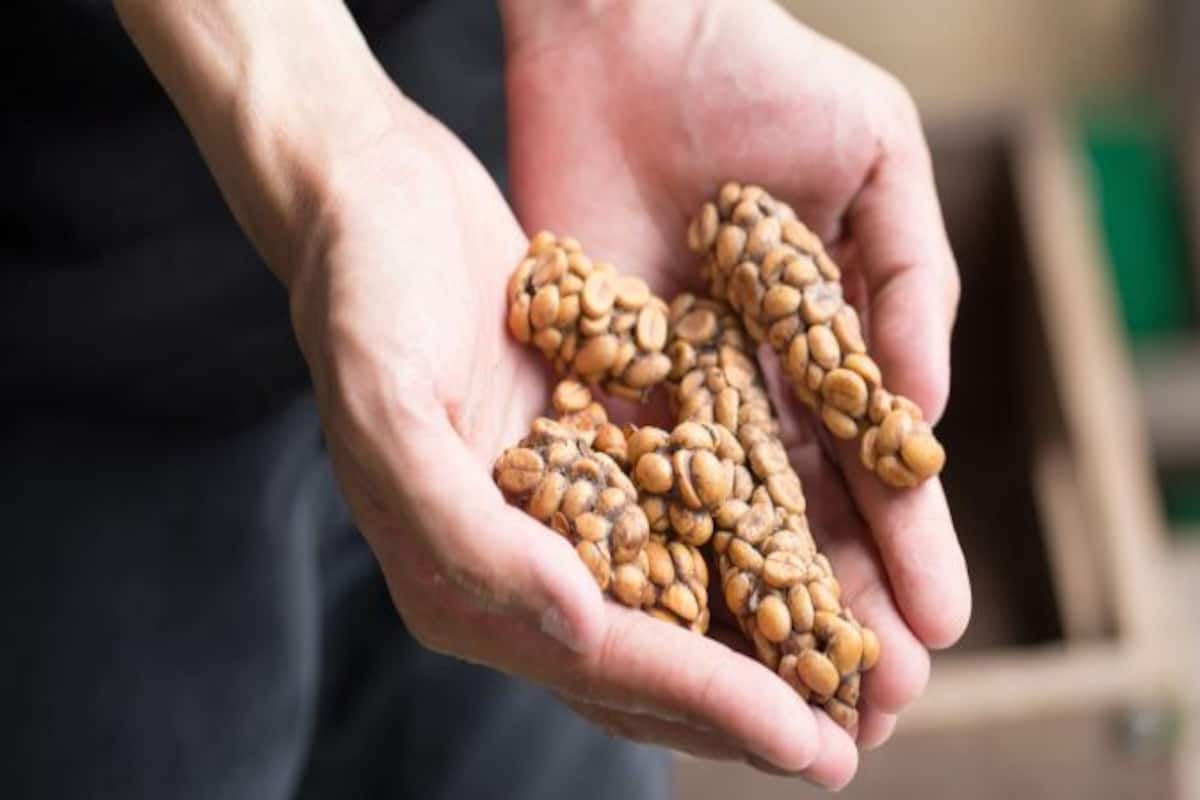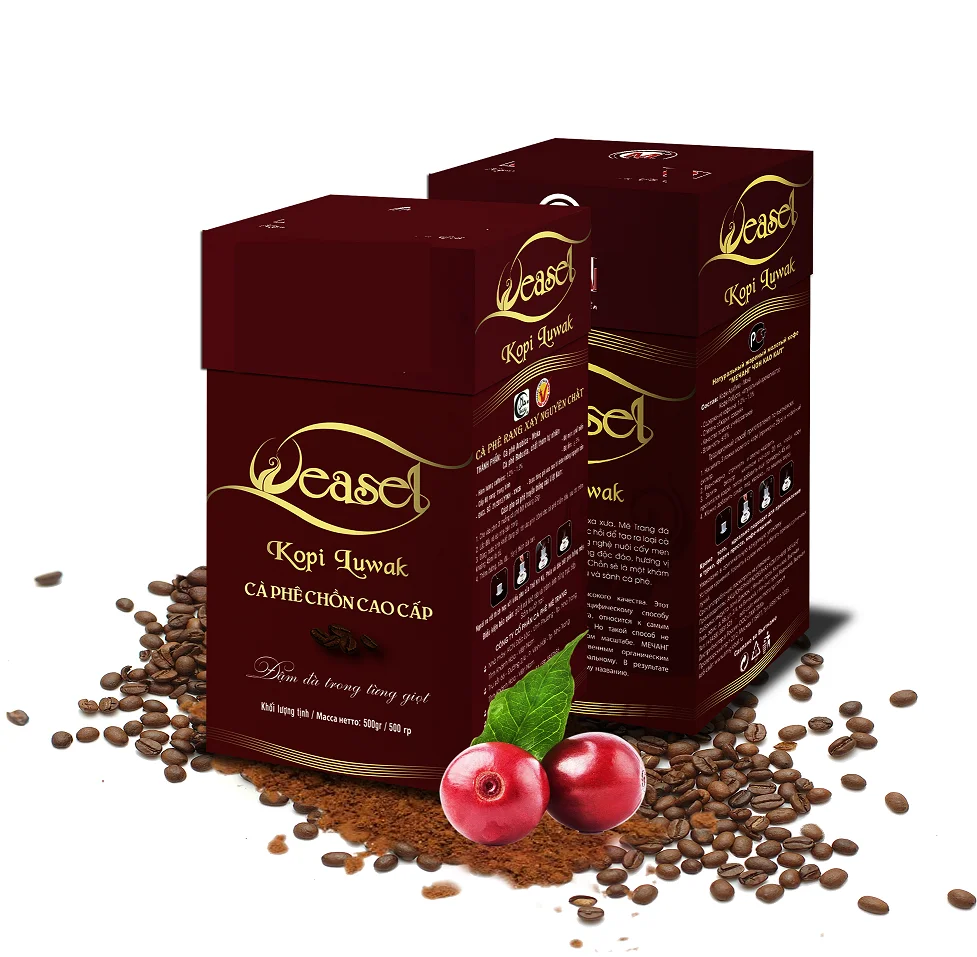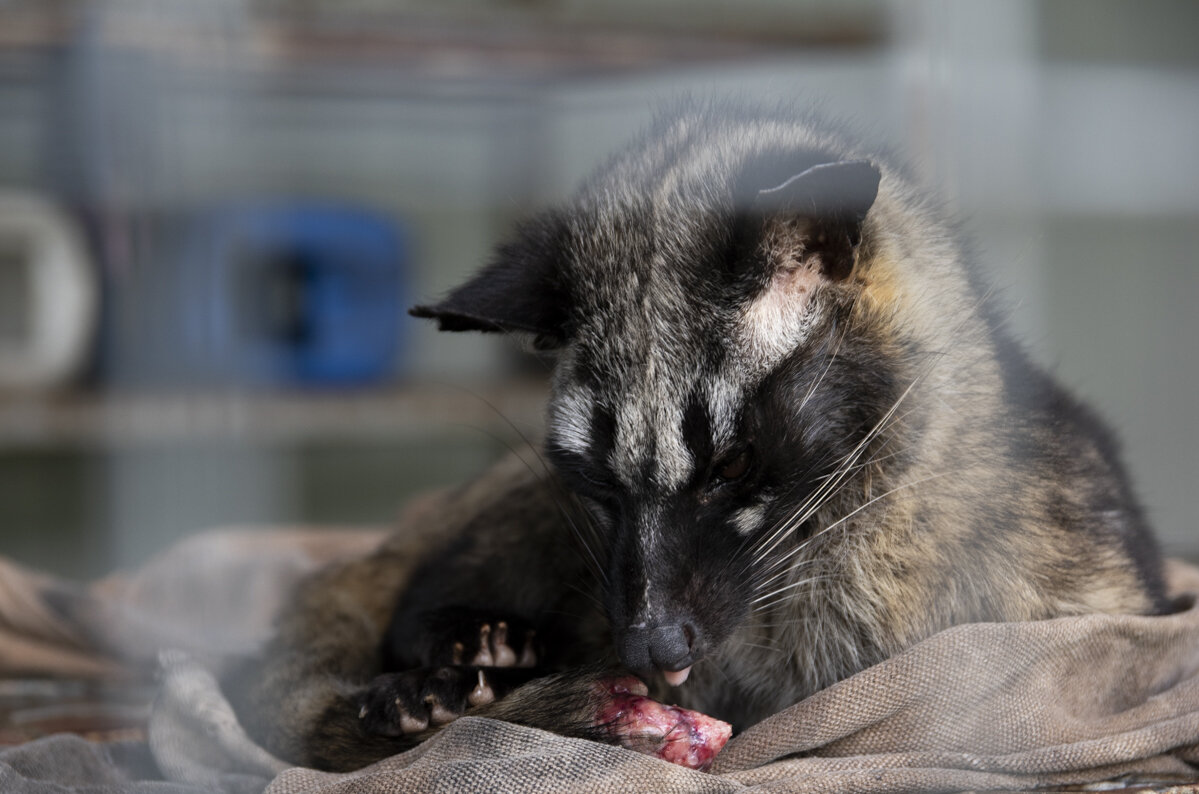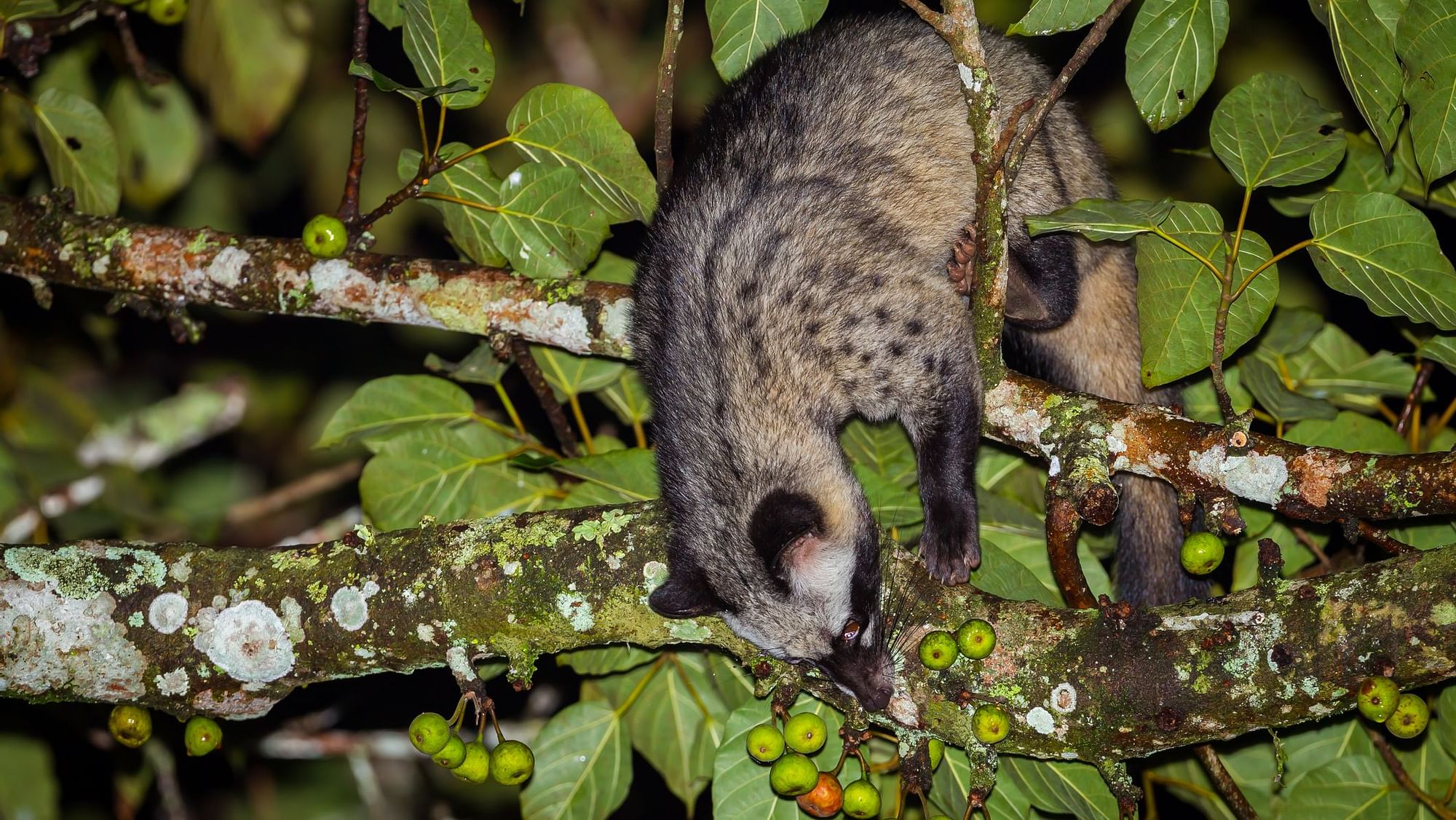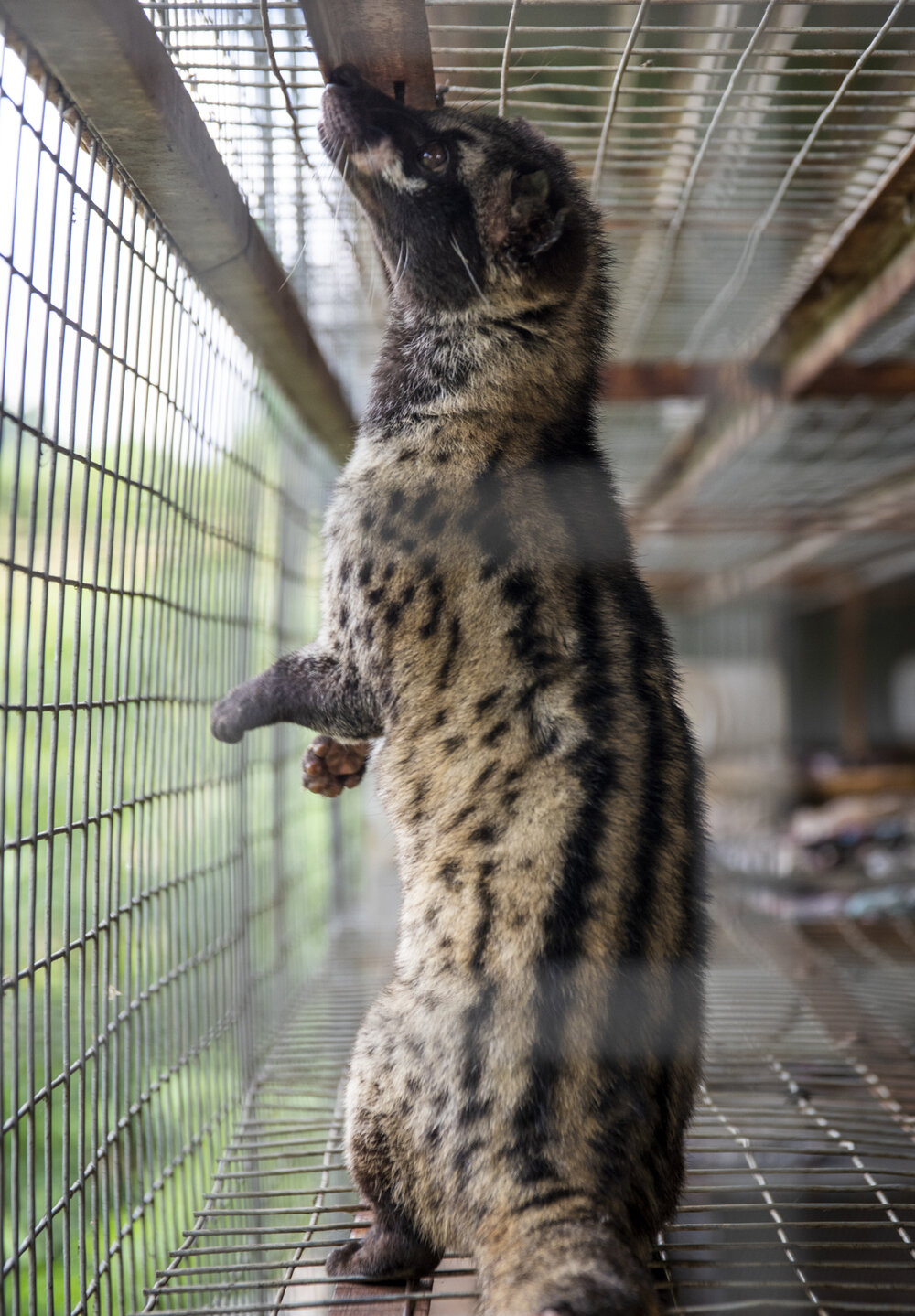Civet Cat Price In India

A startup Coorg Consolidated Commodities CCC has decided to produce this coffee at.
Civet cat price in india. Civet oil called Punugu Thailam in Telugu is a popular ingredient used in all major and rich temples in South India. Unlike the other countries where civet cats are a force to feed up the raw coffee beans. It is produced from the coffee beans digested by civet cat.
Representative image Getty Images The Civet coffee also called as Luwark coffee is expensive because of uncommon method of producing such a coffee. It is highly priced because it is claimed to be more nutritious and high cost. From a Persian cat to the Himalayan kitten Royal Bengal cat to Siamese kitten we have a wide range of felines that would melt your heart and meown you to buy cats for sale online.
They are naturally producing the Civet coffee Coorg. The global population is considered decreasing mainly because of trapping-driven declines in heavily hunted and fragmented areas notably in China and the heavy trade as wild meat. Even as is the case this morning when its been picked out of cat shit.
India is Making Worlds Priciest Coffee and Its Made from Civet Cat Poop. To increase the amount of coffee they were able to export they forbade Javanese and Sumatran farmers from. In India the coffee is being sold for Rs 8000 per kg whereas in Gulf nations and European countries it costs Rs 20000-25000 per kg.
The feces of this cat are collected processed and sold. Scientifically named Paradoxorus Philippinensis and short named Civet Cat Alamid and Musang in the Philippines this night animal dines on fresh coffee berries or beans pulpy fruits and baby chickens when forced to leave the primary forest to seek alternative food sources. Popular in the Gulf nations and Europe civet coffee is sold at Rs 2000025000 per kg.
For any clarifications regarding Civet Coffee please feel free call our Coffee Expert at 9980131619 and we will be more than happy to assist you. It is highly priced because it is claimed to be more nutritious and high cost involved in sourcing the animal dropping wastage during processing and quality certification. Officials said Asian palm civet comes under Schedule 2 of the Wildlife Protection Act.

